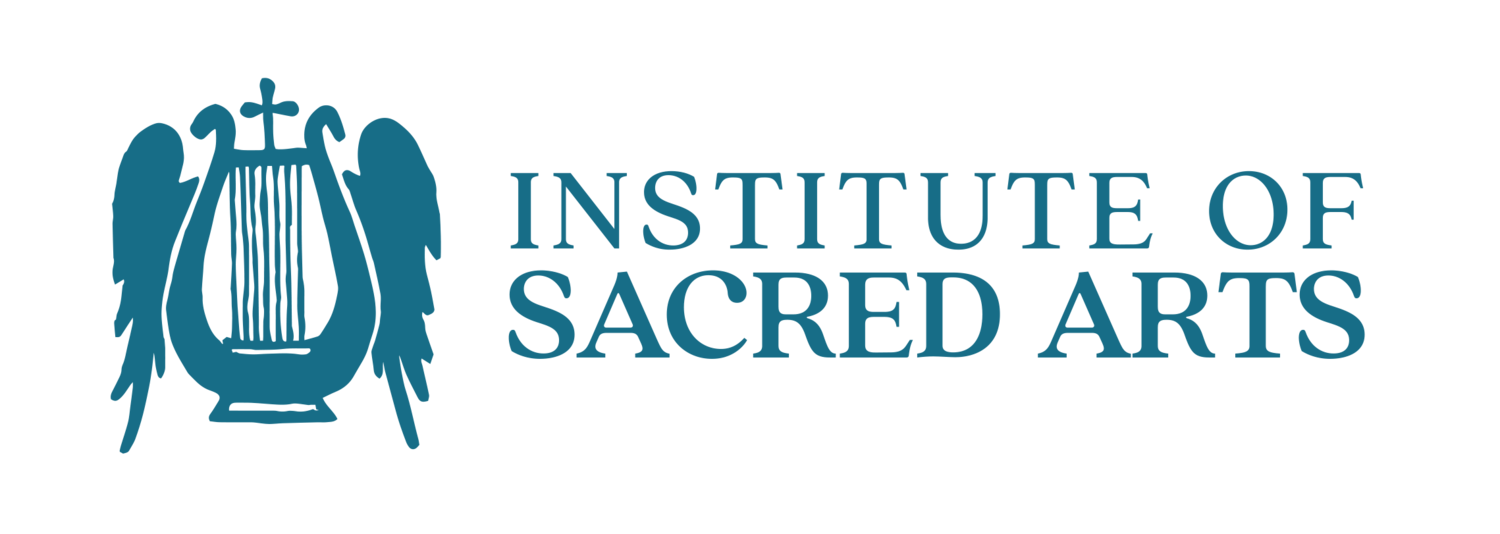Rowan Williams: The Holy Arts and Holy Folly
Dr Williams was educated at Dynevor Secondary Grammar School in Swansea, he came up to Christ's College in 1968. He studied for his doctorate at Christ Church and Wadham College Oxford, working on the Russian Orthodox theologian Vladimir Lossky. His career began as a lecturer at Mirfield (1975-1977). He returned to Cambridge as Tutor and Director of Studies at Westcott House. After ordination in Ely Cathedral, and serving as Honorary Assistant Priest at St George's Chesterton, he was appointed to a University lectureship in Divinity. In 1984 he was elected a Fellow and Dean of Clare College. During his time at Clare he was arrested and fined for singing psalms as part of the CND protest at Lakenheath air-base. Then, still only 36, it was back to Oxford as Lady Margaret Professor of Divinity for six years, before becoming Bishop of Monmouth, and, from 2000, Archbishop of Wales. In 2002, he became the 104th Archbishop of Canterbury.
Rowan Williams’ academic as well as ecclesiastical positions and achievements are numerous and impressive beyond words, really. Through these, as well as through literally dozens of published books for diverse audiences, he has reached countless Christians, as well as avowed atheists and agnostics, and made them think more deeply about their positions, about their relationship to the world, and to the transcendent. He’s not only a great mind but a human being fully engaged, and also brilliantly articulate.
Dr Williams is a noted poet and translator of poetry, and, apart from Welsh, speaks or reads nine other languages. He learnt Russian in-order to read the works of Dostoevsky in the original. This led to a book; he has also published studies of Arius, Teresa of Avila, and Sergii Bulgakov, together with writings on a wide range of theological, historical and political themes. These inevitably touch our themes here, of the arts, and how human creativity intersects with divine holiness.
It has been a pleasure to draw on a longstanding connection with Rowan Williams, beginning with attending his lectures and meeting with him on my doctoral work in Oxford in the early 1990s. His love for and unique expertise in Orthodox Christian theology are a large part of what connects us. But given who he is, how broadly and creatively he thinks, what a genuine, fascinating, and knowledgeable human being he is, I would talk with him about anything.



